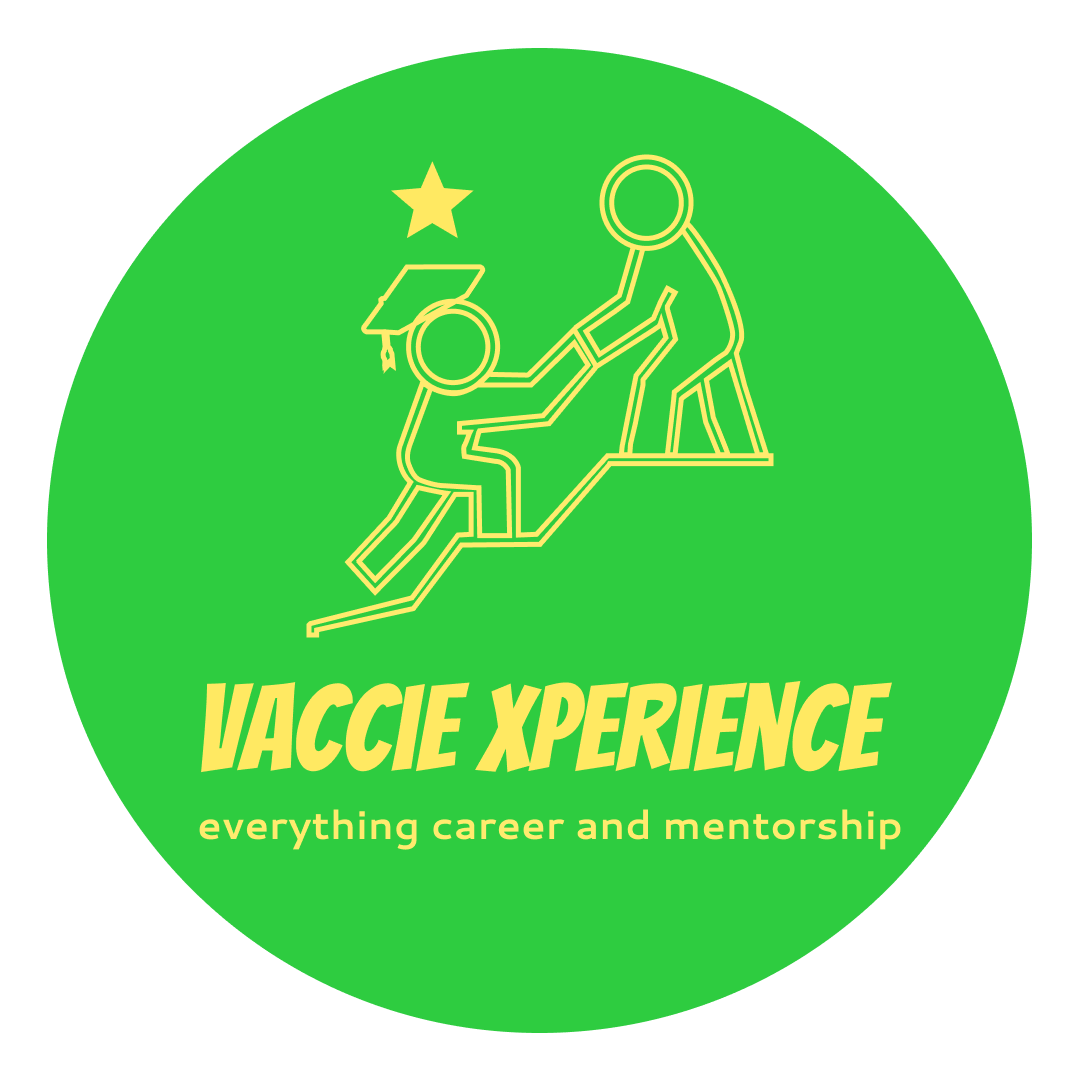"Empowering Futures, One Connection at a Time."
Explore: Junior Software Engineer
Brief description of the role
Key responsibilities and day to day tasks of the job
As a Junior Software Engineer, my primary responsibilities involve developing and maintaining software applications using Python, JavaScript, and SQL. I spend a significant portion of my day writing and debugging code, fixing bugs, and optimizing performance. Collaboration is key in my role, as I work closely with senior developers, UX designers, and product managers, participating in daily stand-up meetings to track progress and discuss challenges. I also contribute to code reviews, ensuring that best practices are followed. Beyond coding, I assist in deploying updates, monitoring system performance, and troubleshooting issues. Continuous learning is essential, so I regularly upskill through training sessions, research, and experimenting with new technologies. If needed, I also help address technical issues reported by users and implement client-specific requirements. Every day presents new challenges, making the role dynamic and exciting.
Skills most important for success in this role
To succeed as a Junior Software Engineer, several key skills are essential. Technical skills include proficiency in programming languages like Python, JavaScript, and SQL, as well as knowledge of version control systems like Git. Understanding software development methodologies (Agile, Scrum) and familiarity with databases, APIs, and cloud platforms is also valuable.
Beyond technical expertise, problem-solving and analytical thinking are crucial for debugging and optimizing code. Strong communication and teamwork skills help when collaborating with senior developers, designers, and product managers. Attention to detail is important for writing clean, efficient code and troubleshooting issues. Finally, a growth mindset and eagerness to learn are vital, as technology evolves rapidly, requiring continuous upskilling and adaptability.
School subjects / tertiary courses / required certificates
In high school, I took subjects that helped build a solid foundation for my career in software development. I focused on Mathematics, Physical Sciences, Information Technology (IT), and English, with additional subjects like Life Orientation and a second language to meet the curriculum requirements. IT was especially useful because it introduced me to programming concepts early on and sparked my interest in software development.
After high school, I pursued a Bachelor’s Degree in Information Technology, where I deepened my understanding of programming, databases, software engineering principles, and system design. During university, I worked on various projects that involved JavaScript and Python, which helped prepare me for the work I do today.
To complement my degree, I’ve also completed industry-recognized certifications to keep up with evolving tech. These include:
– Python for Everybody (University of Michigan via Coursera)
– JavaScript Algorithms and Data Structures (freeCodeCamp)
– SQL for Data Science (UC Davis via Coursera)
– Git & GitHub for Beginners (Udemy)
These courses helped reinforce my practical skills and gave me the confidence to start working professionally. I’m always learning, so I still attend online bootcamps and read up on new tools and frameworks to stay sharp.
Kind of work environment (e.g Office based, remote, fieldwork etc)
As a Junior Software Engineer, the work environment is typically office-based or a hybrid setup, with many companies offering flexibility for remote work. In the office, you’d work in a collaborative space with other developers, designers, and product managers, allowing for face-to-face interactions and team discussions. In a hybrid model, you might spend a few days in the office and the rest working remotely, depending on the company’s policy. Fieldwork is not common for software engineers, as most tasks are done from a computer. However, some roles, especially those involving client-specific software, might require occasional on-site visits to understand the client’s needs or troubleshoot system issues. In general, the work environment is dynamic and collaborative, with access to modern tech tools to support remote communication and project management.
Potential career progression opportunities in the field
In Software Engineering, career progression offers a variety of exciting opportunities as you gain experience. Starting as a Junior Software Engineer, you can advance to roles such as Software Engineer or Developer, where you’ll take on more complex projects and design software systems. With experience, typically 3-5 years, you can move into a Senior Software Engineer role, overseeing more significant projects and mentoring junior team members. The next step might be a Lead Developer or Tech Lead, where you’ll lead teams and ensure the technical direction of projects. Further advancement could lead to positions like Software Engineering Manager, where you’ll manage teams and focus on recruitment and project management, or Engineering Director, overseeing the entire engineering department. The highest level is Chief Technology Officer (CTO), responsible for shaping the company’s technological vision. Alternatively, you may choose to specialize in areas like Cloud Computing, AI, or Data Science, leading to roles such as Cloud Architect or AI Engineer. For those looking for flexibility, freelance or consulting opportunities are also common, allowing you to work independently or start your own tech business.
Are there any internships, work experience or volunteer opportunities that would help gain exerience in this field
Gaining experience in Software Engineering can be done through internships, freelance work, hackathons, and open-source contributions. Many companies offer internship and graduate training programs, providing hands-on exposure to real-world projects. Universities often facilitate industry placements as part of their curriculum. Additionally, freelancing on online platforms, contributing to open-source projects, or volunteering for tech-focused initiatives can help build a strong portfolio. Participating in hackathons and coding challenges is also a great way to improve problem-solving skills and gain practical experience. Job portals and professional networking platforms can be useful for finding internships and entry-level roles. These experiences help develop technical skills, boost employability, and open doors to full-time opportunities in the field
